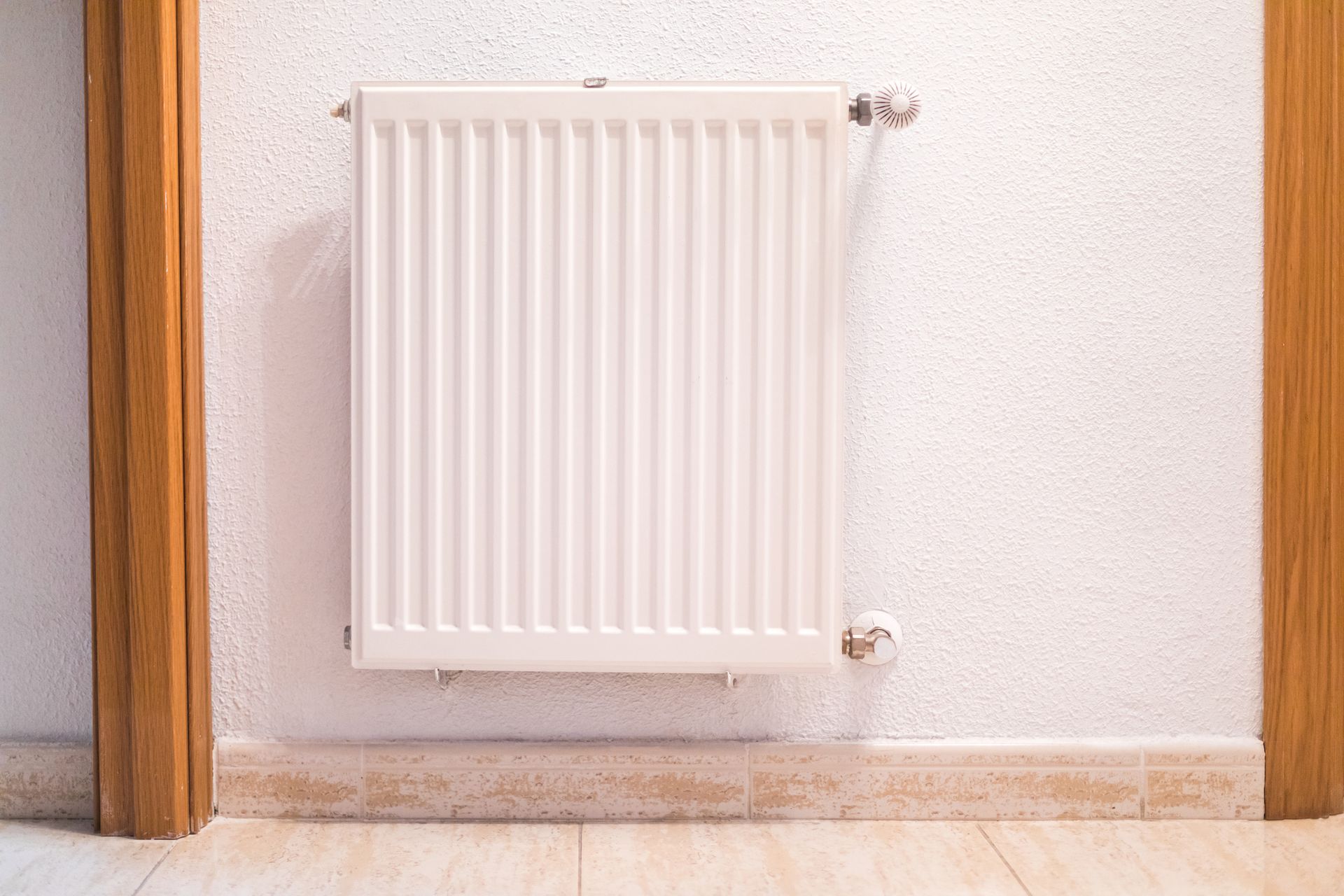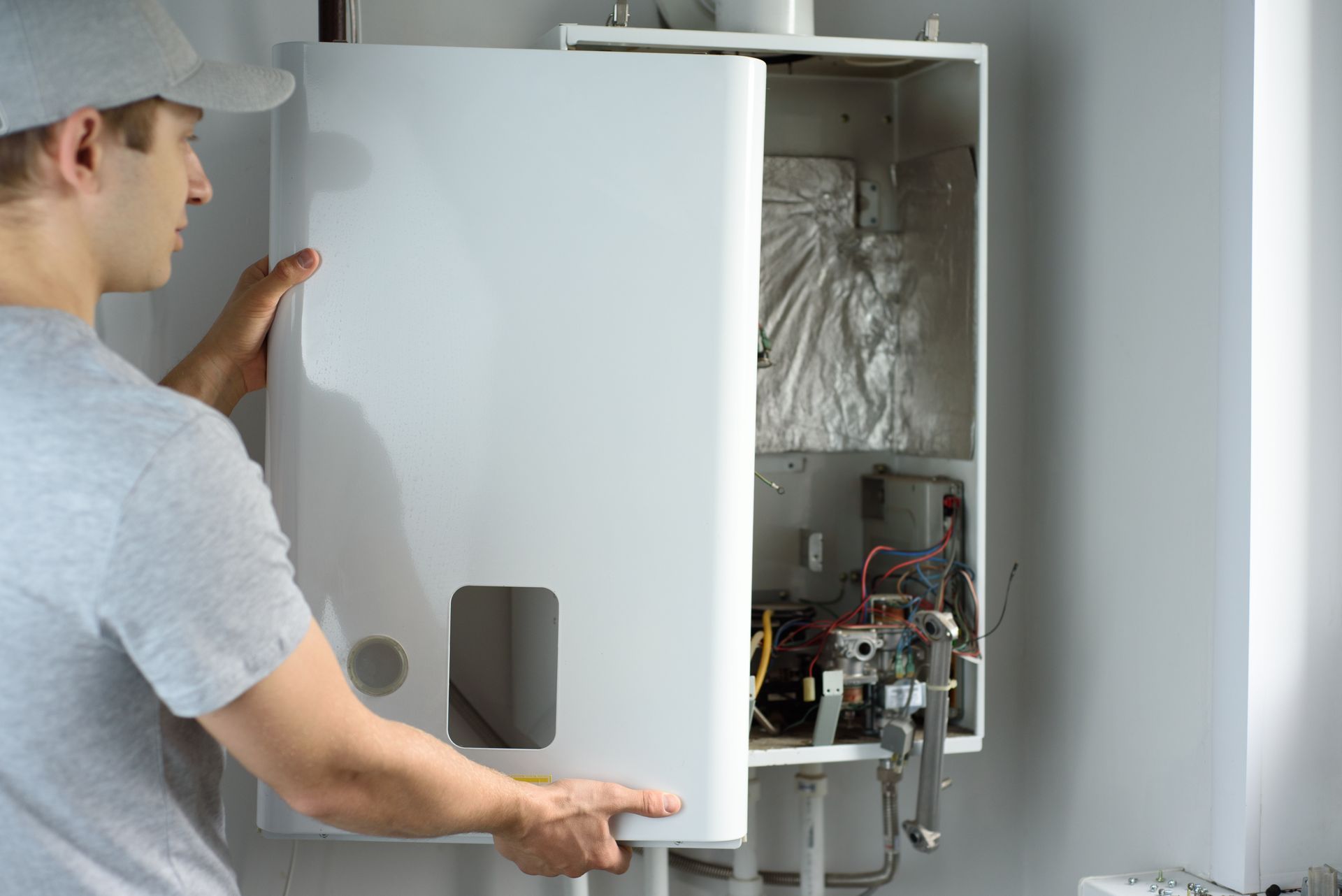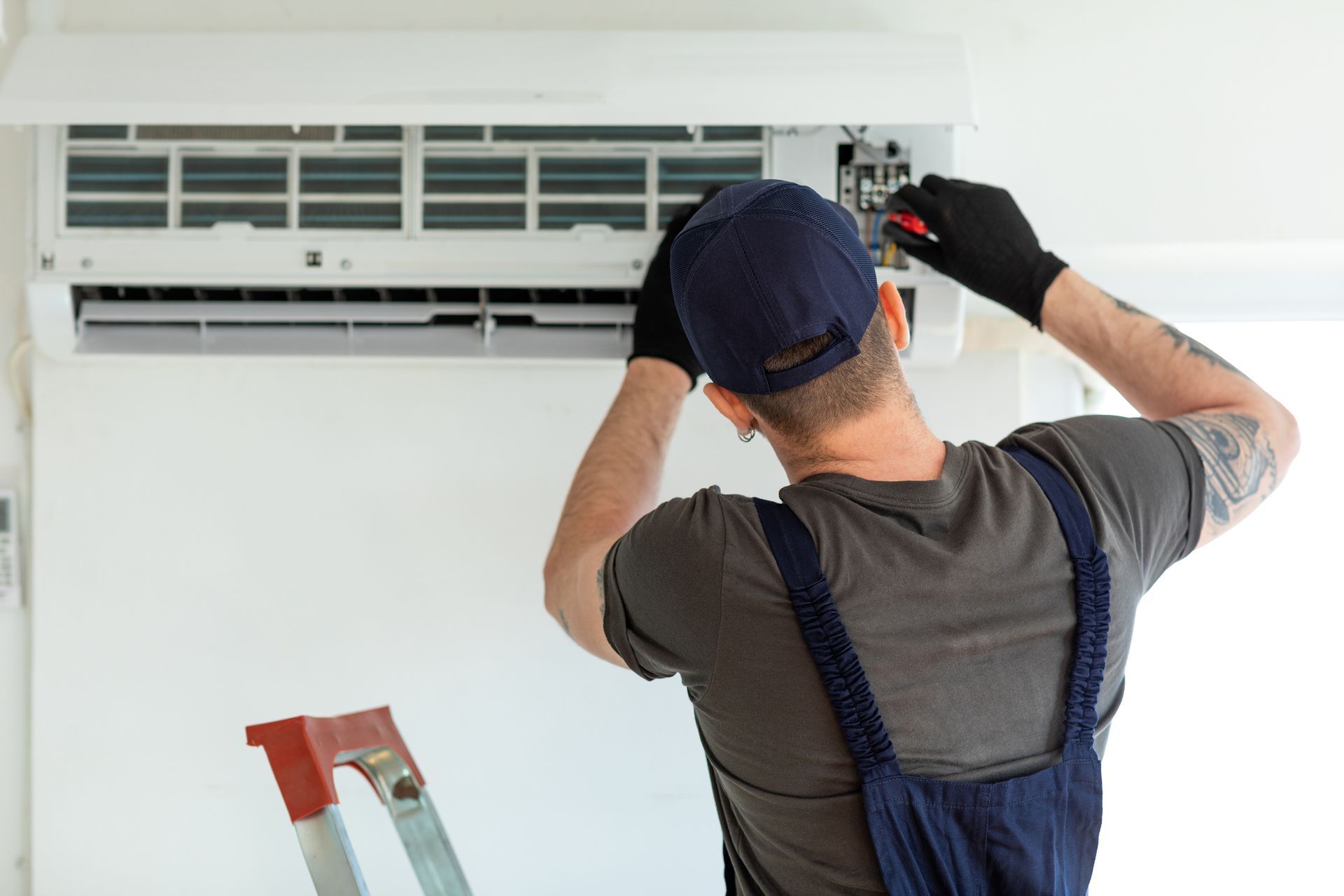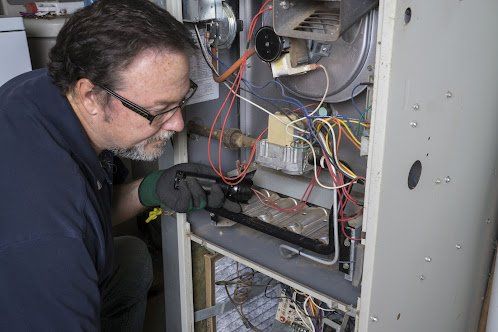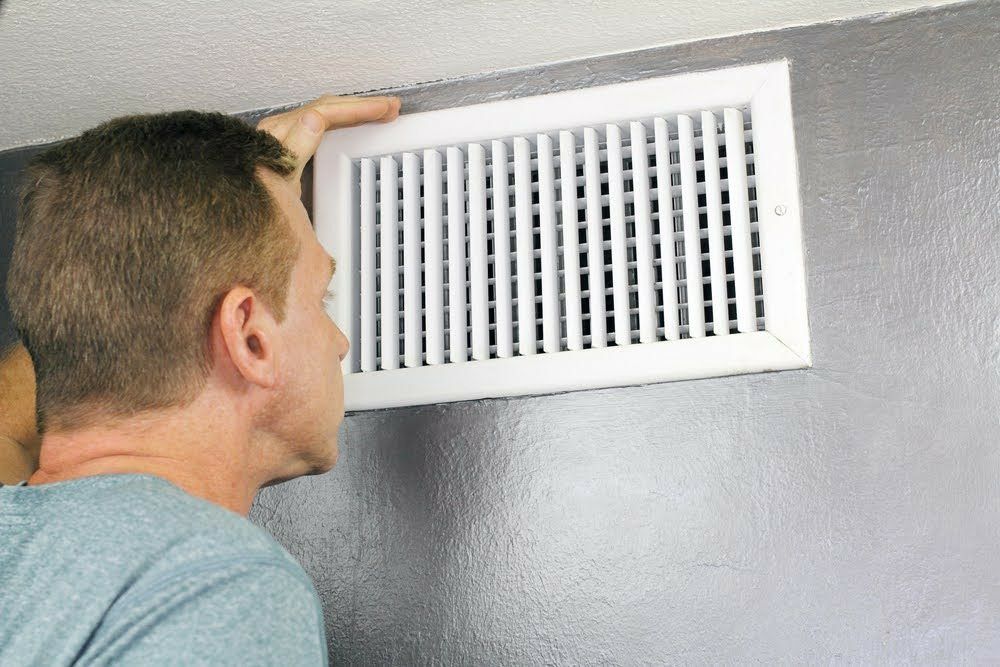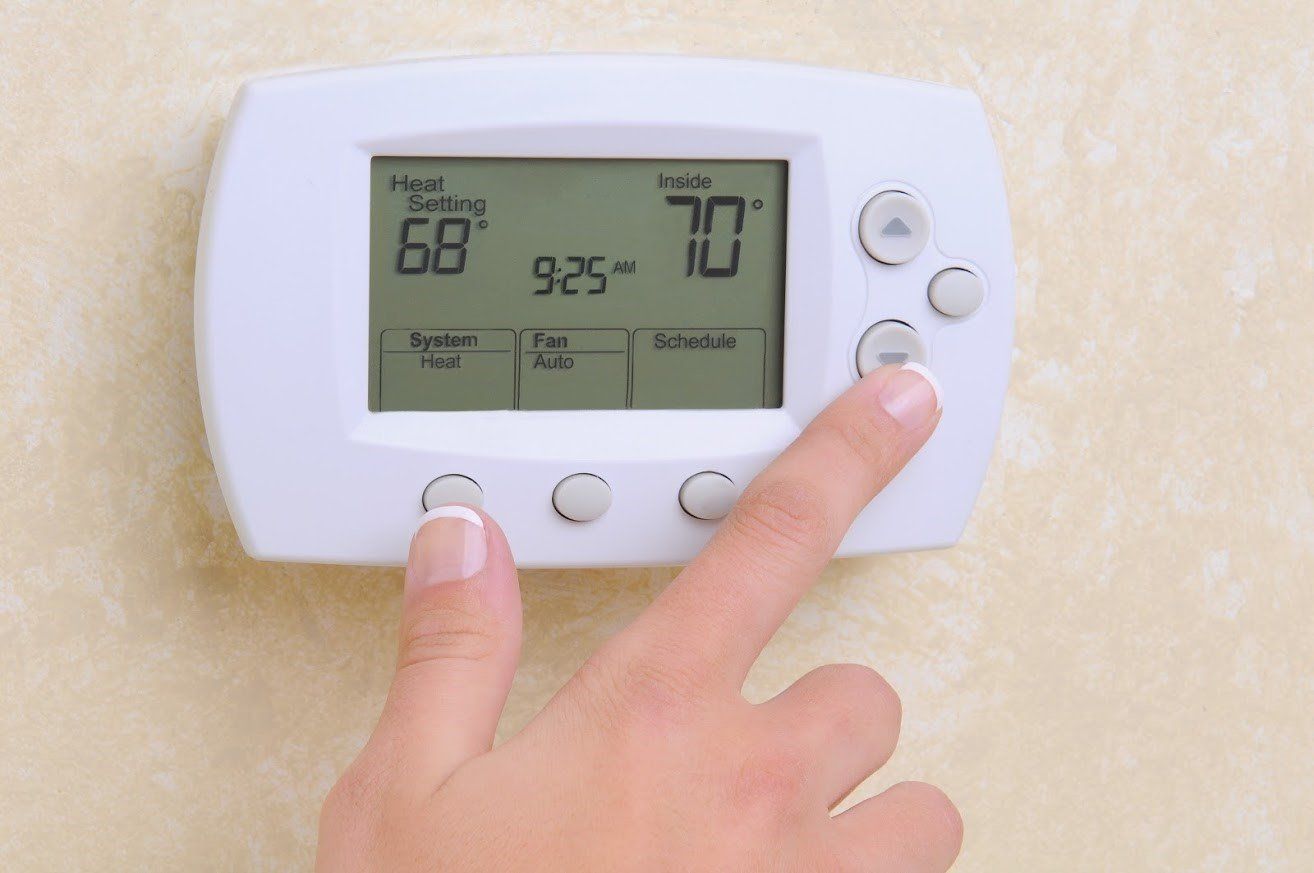Extend the Life of Your Furnace With These Tips
January 21, 2020
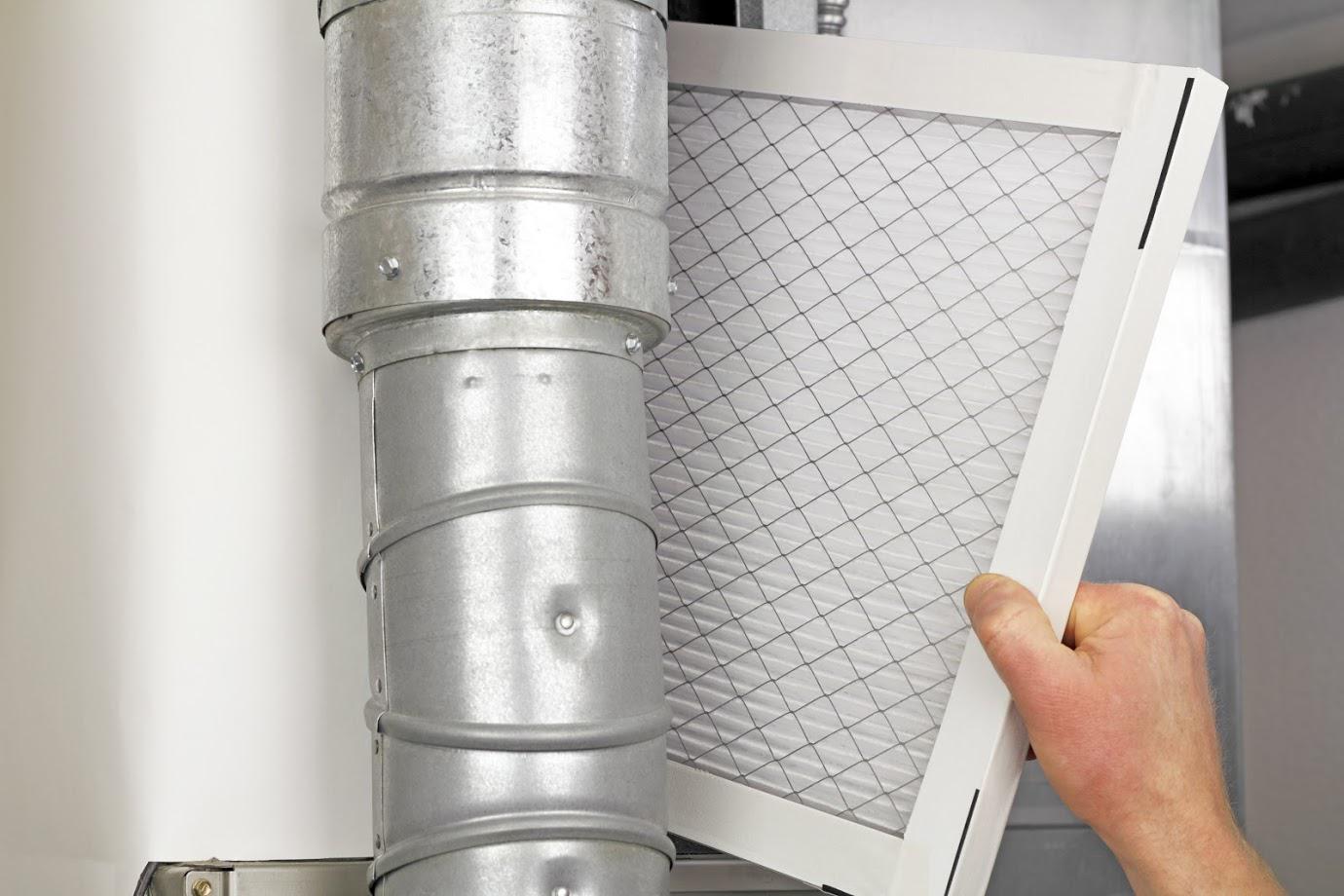
Like any mechanical system, furnaces need to be properly taken care of if they're going to last a long time. If you own a home, follow these tips to extend the life span of your home's furnace.
Replace the Furnace's Filter Frequently
All furnaces have a filter that traps airborne particles as heated air flows through the furnace. As these filters trap particles, they get clogged and must be replaced. If a filter isn't replaced, the furnace must work harder to force air through the clogged filter — and that increased work causes more wear and tear on the entire system.
To prevent potential increased wear and tear, you simply need to replace your furnace's filter when it begins to accumulate a lot of debris. Replacing the filter is an easy job that you can do yourself in a few quick steps:
- Turn off your furnace for the duration of the project.
- Locate the filter (using your owner's manual if you're unsure of the filter's location).
- Note the direction that the filter is pointing, and remove it.
- Take the filter to a hardware store, and purchase another filter that's the same size.
- Install the new filter so that it points in the same direction, and turn your furnace back on.
To determine how often you should do this, check the thickness of your furnace's filter. As a broad guideline:
1. Replace a filter that's one to two inches thick every three months.
2. Replace a filter that's four inches thick every six months.
3. Replace a filter that's five inches thick once per year.
If you have pets or if someone in the house smokes, you might want to shorten these intervals slightly because the filter will have to remove more airborne matter. An HVAC service technician can recommend a specific interval if either of these situations apply.
Don't Close Heat Vents in the Winter
Many homeowners close heat vents that are located in unused rooms during winter. They do this in order to hopefully save on heating costs, but the practice actually has the opposite effect and ends up increasing expenses.
Heating systems are designed so that the furnace pushes air through the entire heating system, and the furnace is properly sized to force air through your home's entire ductwork. When some vents are closed off, those blockages force the furnace to work harder because the intended pathway for air is partially blocked.
The increased workload on the furnace not only actually increases heating costs, but also shortens the lifespan of your furnace. The less work your furnace needs to do, the longer it will last — and keeping vents open is an easy way to ensure your furnace doesn't need to work harder than it's supposed to.
Get a Furnace Tune-Up
Furnaces can benefit from periodic tune-ups just like cars and other mechanical systems do. During a tune-up, a knowledgeable HVAC technician will inspect your furnace for signs of disrepair and they'll perform routine maintenance that the furnace needs. If there is a problem, a technician might be able to fix the issue before it causes catastrophic damage to the system.
Most new furnace manufacturers recommend an annual tune-up, but some HVAC contractors find that biannual tune-ups are sufficient for newer furnaces. Most experts in the industry agree that furnaces which are 10 years old or more should be serviced once per year.
If you have a new furnace, an HVAC technician can recommend annual or biannual tune-ups after they inspect your particular system.
If you have a furnace that needs a tune-up, contact the HVAC technicians at Northwest Heating & Air Conditioning Inc. to schedule a service appointment soon.


